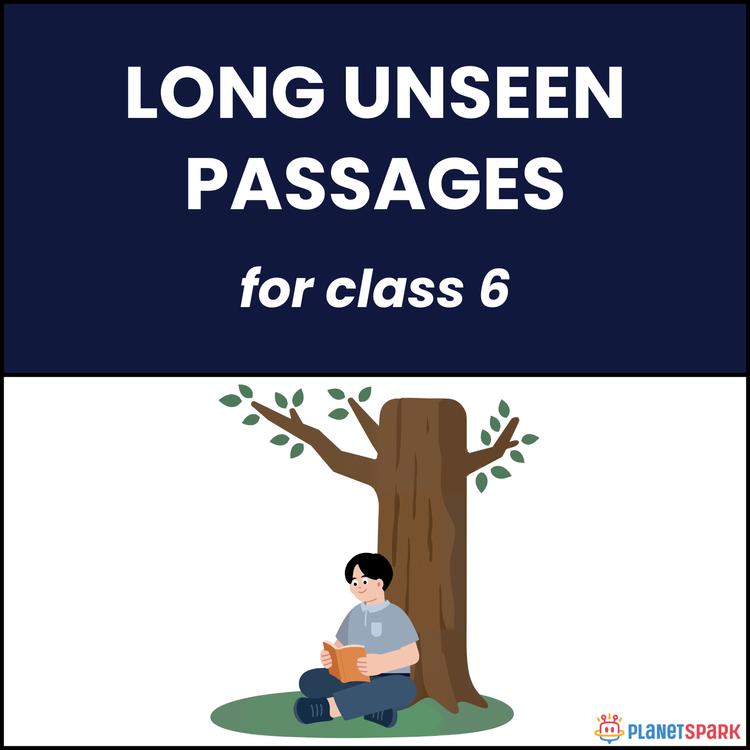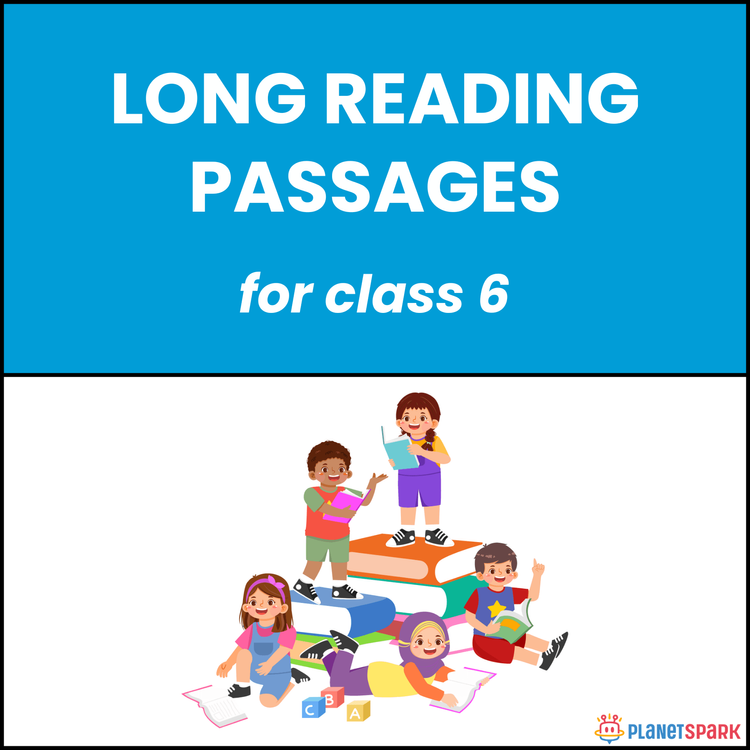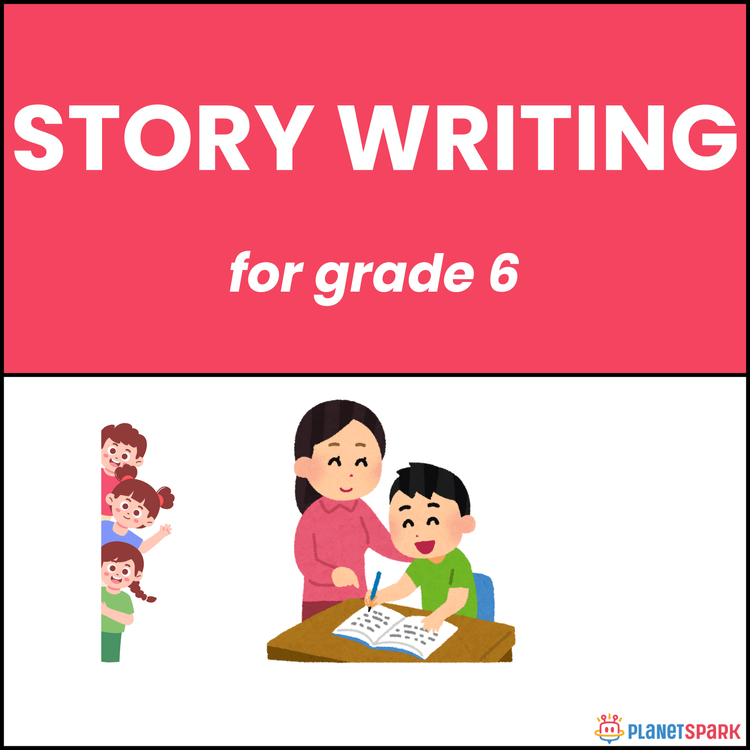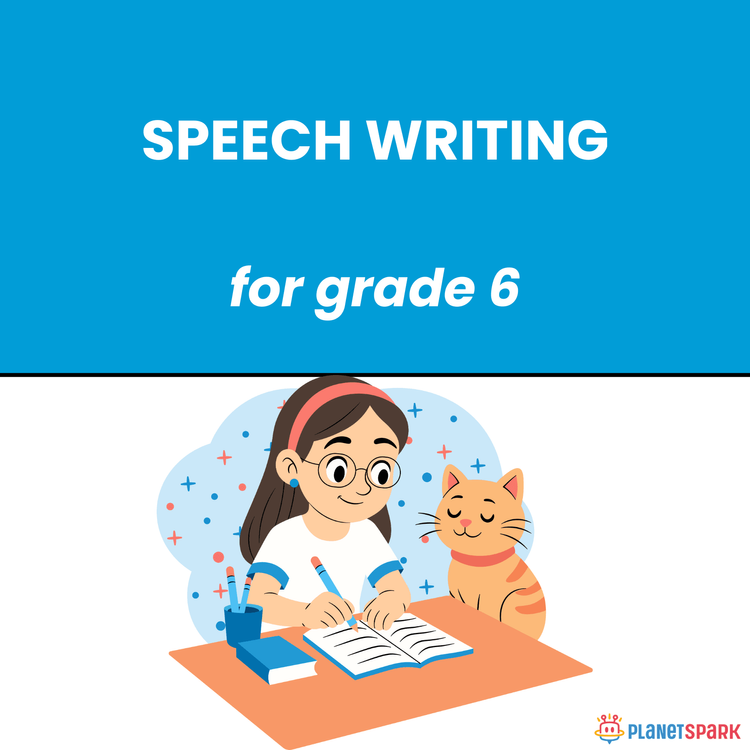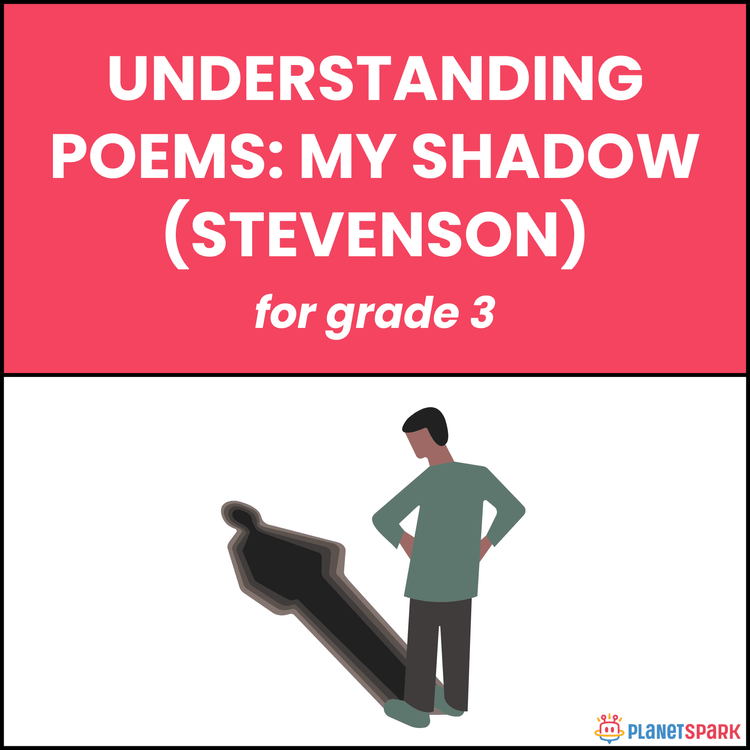Class 6 English Worksheet on Homophones and Homonyms
Class 6EnglishEnglish GrammarFree DownloadPDF
Tanishka SharmaVisit Profile
English teacher with 2 years of expertise from teaching in both IB and CBSE schools.


Class 6 English Worksheet on Homophones and Homonyms
Class 6EnglishEnglish GrammarFree DownloadPDF
Tanishka SharmaVisit Profile
English teacher with 2 years of expertise from teaching in both IB and CBSE schools.
Sound-Alike Words: Homophones and Homonyms for Class 6
This Grade 6 worksheet helps students explore the difference between homophones (words that sound the same but have different meanings and spellings) and homonyms (words that are spelled and sound the same but have different meanings). Through matching, sentence completion, and creative usage, learners build vocabulary and context understanding.
Why Homophones and Homonyms Matter in Grammar?
Understanding sound-alike words builds clarity and confidence in reading and writing. For Grade 6 learners, this is important because:
1. Homophones help prevent spelling mistakes and confusion in writing.
2. Homonyms teach students that context determines meaning.
3. It supports vocabulary development and word precision.
4. It improves comprehension and accuracy in grammar exercises.
What’s Inside This Worksheet?
This worksheet includes five interactive exercises to explore and apply homophones and homonyms:
🧠 Exercise 1 – Match the Homophones
Students match 10 homophone word pairs (e.g., *flour – flower*, *knight – night*) to reinforce spelling and meaning.
✏️ Exercise 2 – Fill in the Blanks
Students complete 10 sentences by selecting the correct homophone based on sentence context (e.g., *their/there/they’re*).
📋 Exercise 3 – Identify the Homonym
Learners read 10 sentences and identify the homonym used (e.g., *bat* as in animal or sports gear).
📝 Exercise 4 – Rewrite with Context
Students rewrite 5 ambiguous sentences to show two different meanings of a homonym (e.g., *The bark was loud* – one with a dog, one with a tree).
🎨 Exercise 5 – Create Sentences Using Homophones
Given 5 homophone sets, students write one sentence each using both words correctly (e.g., *bare* and *bear*).
✅ Answer Key (For Parents & Educators)
Exercise 1 – Homophone Matching Exercise 2 – Fill in the Blanks
1. flour – flower 1. their
2. knight – night 2. blew
3. blue – blew 3. hear
4. sea – see 4. tale
5. tale – tail 5. see
6. pair – pear 6. knight
7. write – right 7. pair
8. won – one 8. won
9. hear – here 9. write
10. sun – son 10. sun
Exercise 3 – Homonyms in Sentences
1. bark
2. bat
3. well
4. bank
5. ring
6. match
7. watch
8. seal
9. rock
10. kind
Exercise 4 – Sentence Rewrites
1. The bark was loud. → (a) The dog’s bark was loud. (b) The bark of the tree was rough.
2. He went to the bank. → (a) He sat on the river bank. (b) He deposited money at the bank.
3. I saw a bat. → (a) A bat flew past me. (b) He picked up a cricket bat.
4. She wore a ring. → (a) She wore a diamond ring. (b) I heard the ring of the doorbell.
5. That’s a match. → (a) We watched a football match. (b) Use a match to light the lamp.
Exercise 5 – Sentences Using Homophones
1. The *bear* climbed the tree with *bare* paws.
2. Please *write* your name on the *right* side.
3. I couldn’t *hear* the music clearly from over *here*.
4. She ate a *pear* and saved the other one in the *pair* of bowls.
5. The wind *blew* hard and turned the sky *blue*.
Help your child avoid spelling confusion and master sound-alike words with a Free 1:1 Communication Skills Trial Class at PlanetSpark.
🔖Book a free trial!
Frequently Asked Questions
Homophones sound the same but have different meanings and spellings; homonyms look and sound the same but mean different things.
Yes, it trains students to choose the correct word based on meaning and context, improving spelling accuracy.
Absolutely! It boosts word recognition, contextual usage, and comprehension in both reading and writing.
